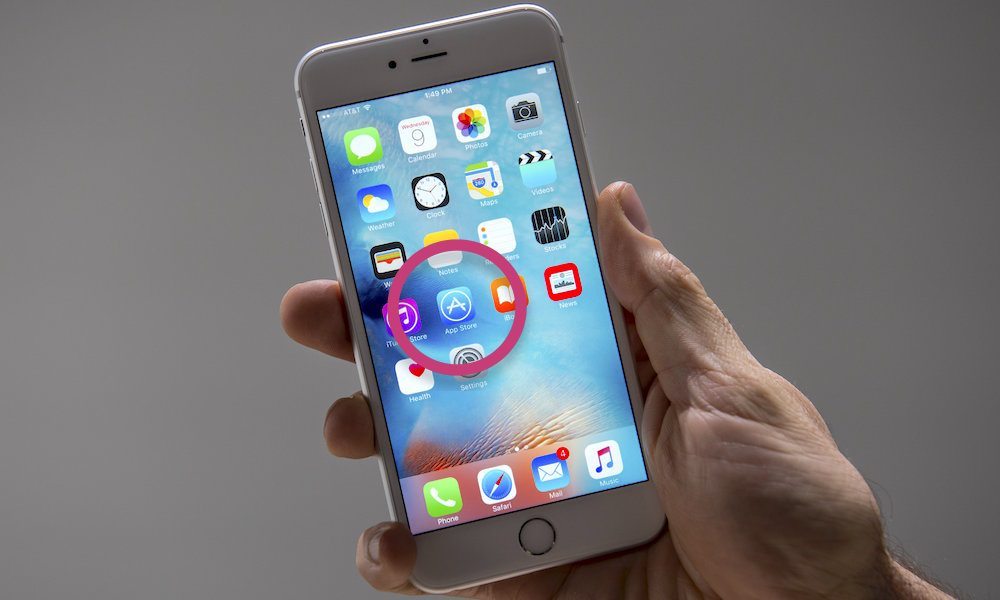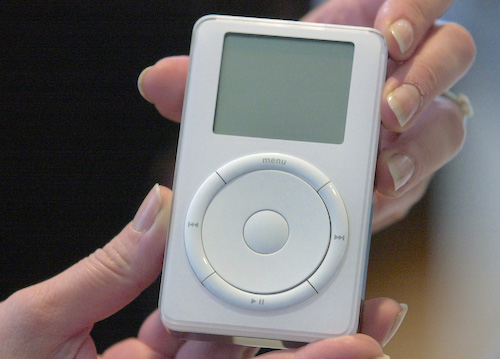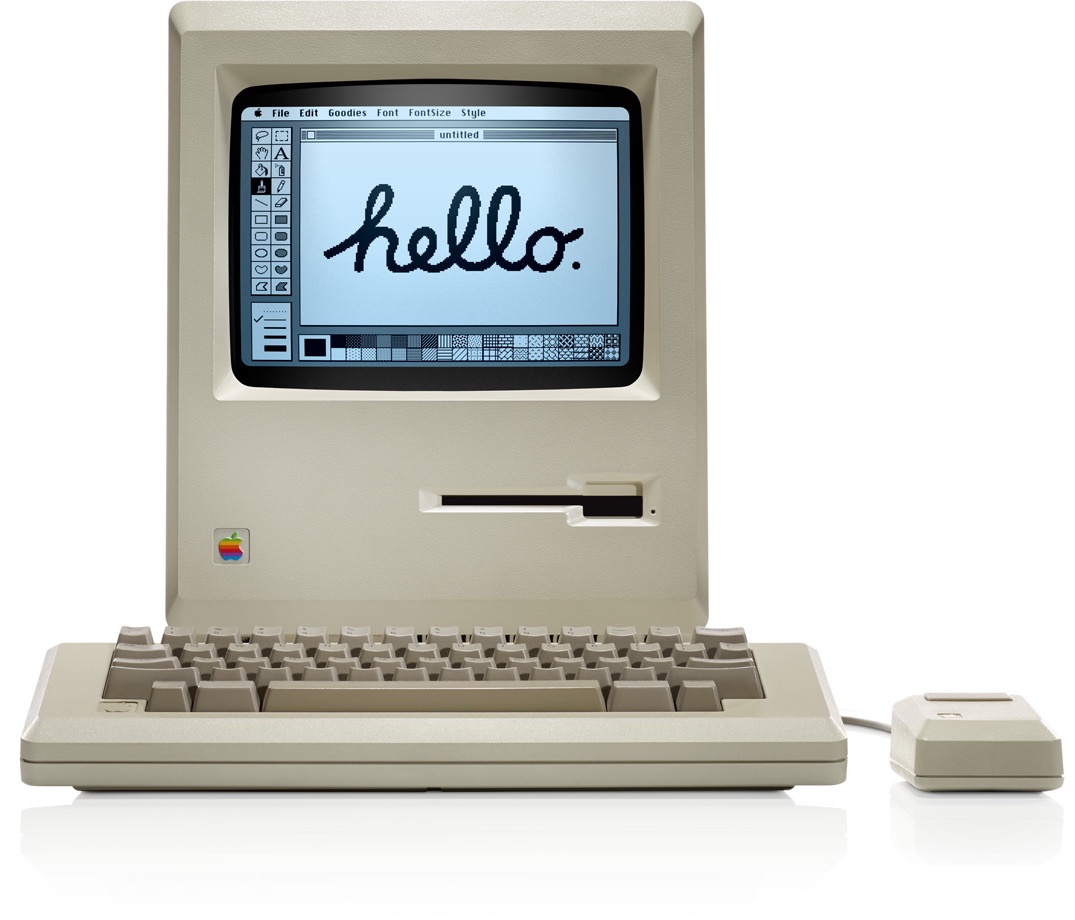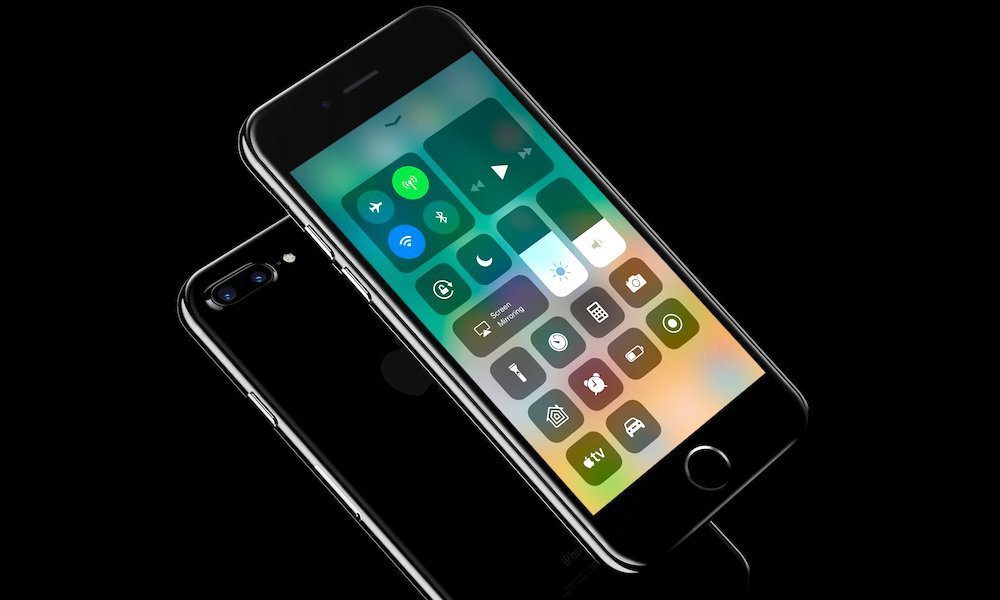4 Ways Apple Changed the Tech Industry (and the World)
 Credit: TIME
Credit: TIME
For all the talk about Apple being a revolutionary tech company, there are probably many people who don’t realize why. It’s easy to take our apps, devices and technology for granted — and it’s even easier to forget how we got here in the first place.
Certainly, there have been many revolutionary and innovative people and companies that have spurred the digital revolution. But looking back at history, you’ll find that many of these innovations, especially the really important ones, can be traced to Apple. Here are four ways that Apple changed the tech industry and, in some ways, the world.
4 The App Store

Apple first launched the App Store in 2008, and when it first “opened,” it was host to only about 500 apps from large, third-party developers. In a press release published on July 14 that year, Apple called the mobile marketplace “revolutionary” and “groundbreaking.” And, surprisingly, that isn’t an exaggeration in the least bit. You can thank the App Store for everything from Uber to Flappy Bird, as the marketplace ushered in a new era of business and businesspersons.
The App Store opened the floodgates for the app economy, an industry that’s estimated to be worth $6 trillion by 2022. Since its opening, the App Store has created hundreds of thousands of new jobs that wouldn’t have existed otherwise. And Apple seems to know how important apps are, both to consumers or developers, as we’ve seen in the quirky “Appocalypse” video during WWDC ’17. (Of course, the App Store owes its development to another revolutionary Apple device. But more on that later.)
3 The iPod and iTunes

After a rather bumpy period in its history, the iPod truly marked the return of Apple to the forefront of the tech industry. Suddenly, Apple had an extremely popular luxury music device and it laid the groundwork for Apple to shift from a niche electronics manufacturer to a consumer product juggernaut. But more than that, the iPod signaled more than a change for the Cupertino-based company. It transformed the music industry as a whole.
Part of that was iTunes, which opened when the entire recording industry was on the verge of chaos due to the prevalence of illegal downloads. iTunes gave artists and record labels a new model for selling music, and its deep integration with the iPod helped spur its popularity as a music platform. While streaming might be overtaking iTunes as the most dominant way of listening to music, it’s still important to recognize Apple’s place in music history.
2 The Macintosh

The very first Mac computer — then known as the Macintosh — was released in 1984. And, in true Apple form, it shook up the entire computer industry. That's largely because the Macintosh was the first mass-market personal computer with a GUI, or graphical user interface, and it also introduced external UI devices like the mouse. Basically, everything we use to interact with modern computers today.
Though it may not have been the first computer to sport these revolutionary features, the Macintosh certainly solidified their importance in the minds of consumers. It brought ease-of-use and simplicity to a new generation of users, and it helped to democratize computing in general by allowing personal computers to become a common fixture in people’s homes. We’ve come a long way since then, but it was the first time Apple gained a reputation for pulling an entire industry into the future.
1 The iPhone

Anymore, it might be difficult to truly remember the time when smartphones didn’t exist. They’re a nearly essential facet of our daily lives, and they’ve definitely changed the way that we live. And while the mobile revolution certainly had a lot of players involved, you can trace today’s modern smartphones back to one event: 2007, when Apple first unveiled the iPhone.
Before the iPhone, contemporary smartphones were clunky and not very user-friendly. The iPhone, like the Macintosh before it, made all of the essential features of a modern handset simple, seamless and foolproof. As Business Insider points out, the iPhone made smartphones “accessible and exciting to normal people for the first time.” The Macintosh and iPod were important, but judging by the ubiquity of our handsets, it’s the iPhone that helped Apple change the world.
